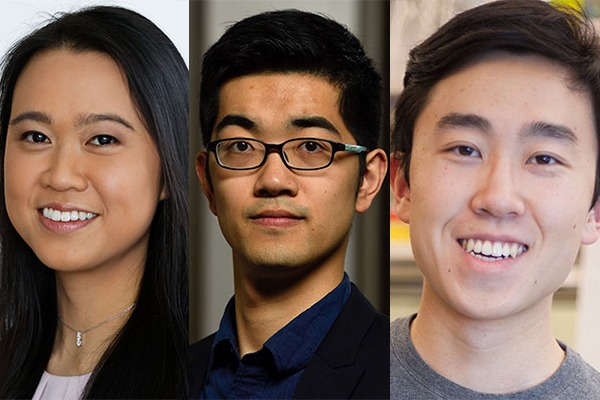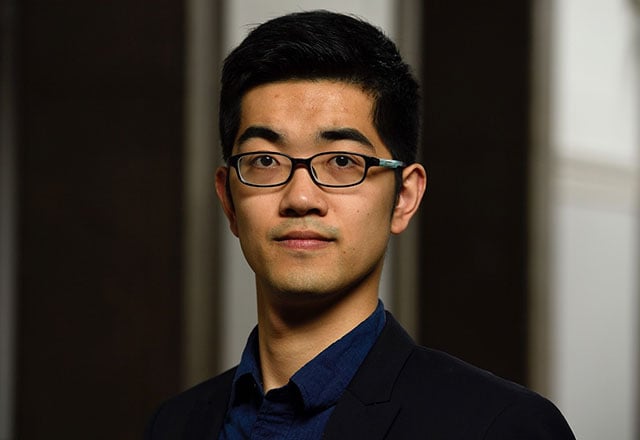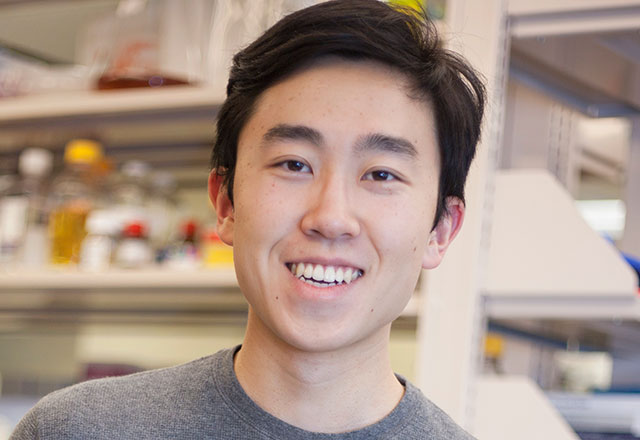Young Investigators’ Day at Johns Hopkins University was established in 1978 to recognize the outstanding research contributions made by our trainees: medical and graduate students, postdoctoral and clinical fellows, and residents. Awardees each receive a cash prize as well as recognition during convocation ceremonies. Many Young Investigators’ Day winners have gone on to very successful careers in biomedical research.
Each award carries a distinct honor and specific history to the legacy of biomedical research here at Johns Hopkins, and a number of named awards were established and are generously supported by friends and family in memory of past students or faculty members.
From 3D printing medical devices to understanding telomere length regulation, discoveries by trainees have helped propel research endeavors at Johns Hopkins. Marking its 43-year anniversary, the Young Investigators’ Day ceremony celebrates the unique contributions of junior researchers and the mentors who helped them excel in their fields. 23 awardees were selected this year.




